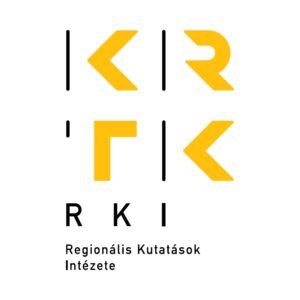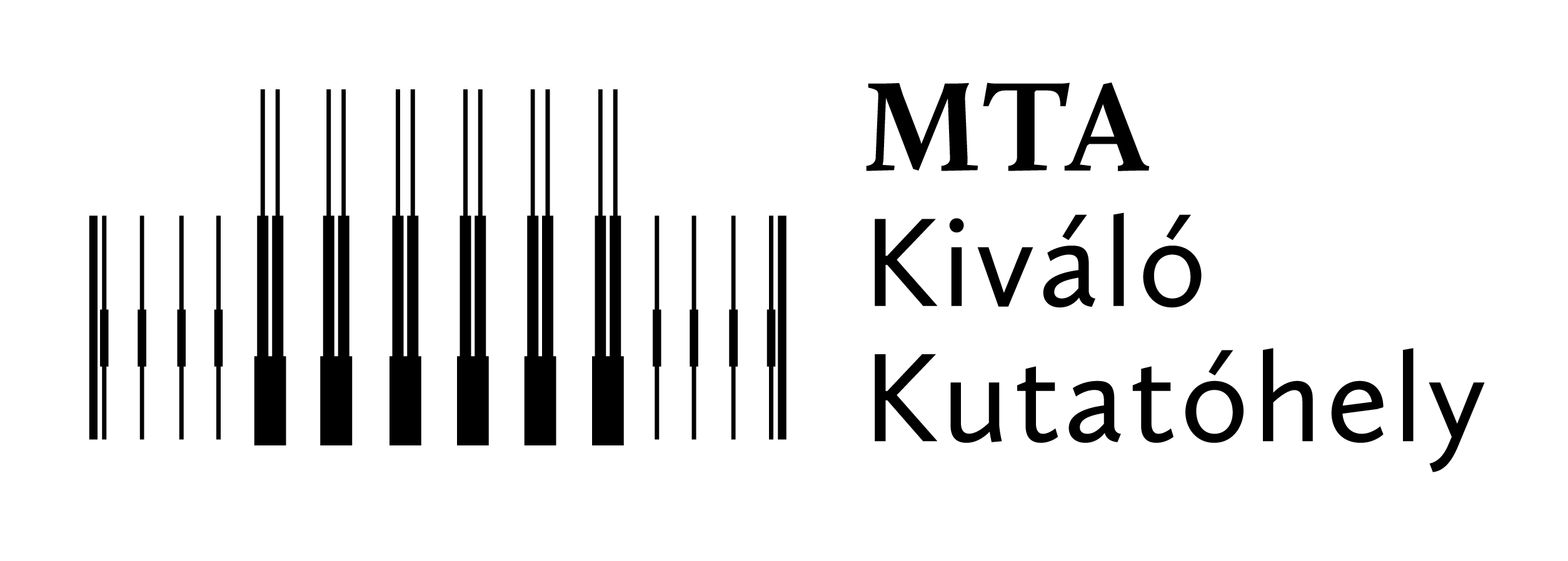The project focused upon European rural regions experiencing or threatened by demographic decline. The central objectives were to understand the process(es) driving shrinkage, map the heterogeneity within this group of regions, and devise intervention logic(s) for more appropriate integrated policy approaches, which pro-actively push forward strategies based upon territorial assets and emerging opportunities, whilst recognising the need to ameliorate the effects of some continued decline, and bearing in mind the “intervention tools” available within the EU Cohesion and ESIF policy.
It provided knowledge and evidence on the causes and consequences of socio-economic change in Europe’s rural regions and explore innovative territorial governance solutions for rural regions experiencing acute, and often irreversible depopulation and economic decline. The project also offered recommendations for the better coordination and effectiveness of policy interventions, particularly for the targeted design, implementation and funding of integrated place-based strategies within the context of European Union Rural Development and Cohesion Policy.
Policy Questions
- How can the phenomenon of shrinking rural regions be understood and measured? Where are Europe’s shrinking rural regions?
- What are the specific economic, social and environmental factors that determine rural shrinkage in different territorial contexts, and how are the development trajectories for such regions likely to evolve into the future?
- What are the critical challenges and potential opportunities for shrinking rural regions?
- How is shrinkage perceived by local actors and what governance innovations are required to creatively manage and adapt to shrinking development dynamics, and at what scales?
- Can emerging adaption-orientated territorial governance praxes be identified at national, regional and local levels to manage shrinkage? What role can governance innovation (e.g. through the greater use of advanced digital technologies, shared services etc) play in the more efficient delivery of public services and mobilising endogenous resources to boost employment and quality of life in a shrinking context?
- What are the implications of rural shrinkage for EU territorial cohesion and convergence at a European scale and how should the future implementation of Rural Development and Cohesion Policy post-2020 be tailored to address the phenomenon?
The synthesis report of the project is available online here, and a summary in Hungarian is available here.
The research project is funded by ESPON
Duration: 01.03.2019 – 30.09.2020
Leader of the project: University of Eastern Finland (Finnország) és The James Hutton Institute (Egyesült Királyság)Head of Hungarian research group: Tagai Gergely
Website of the project



